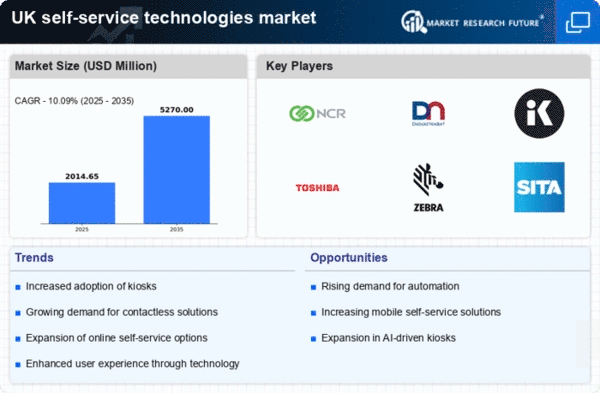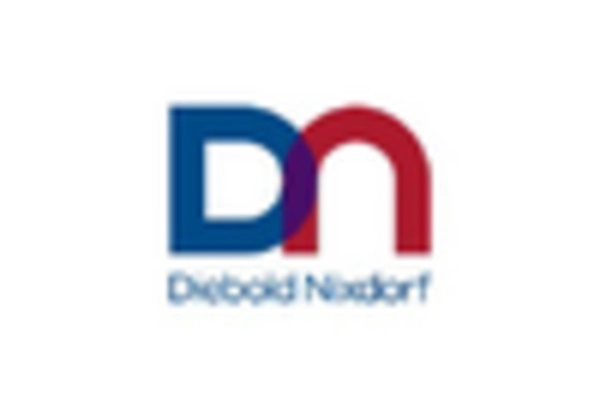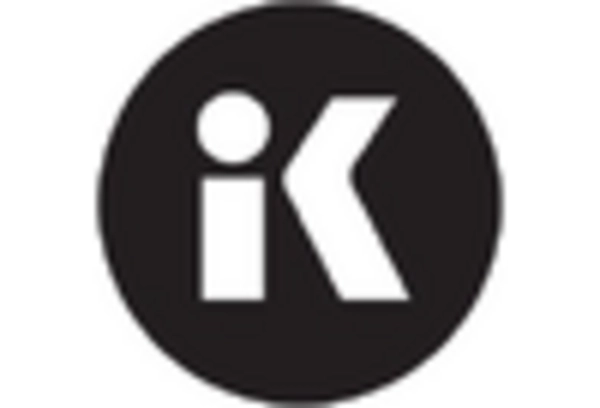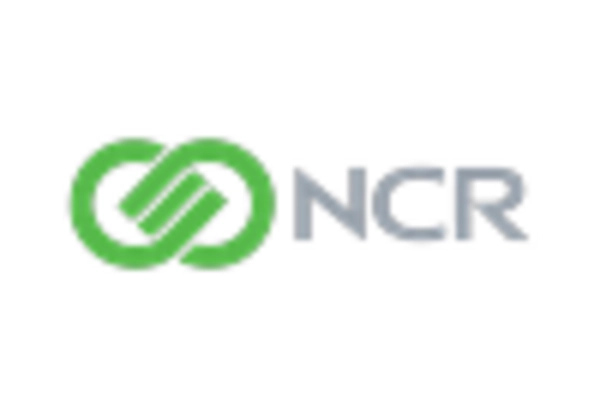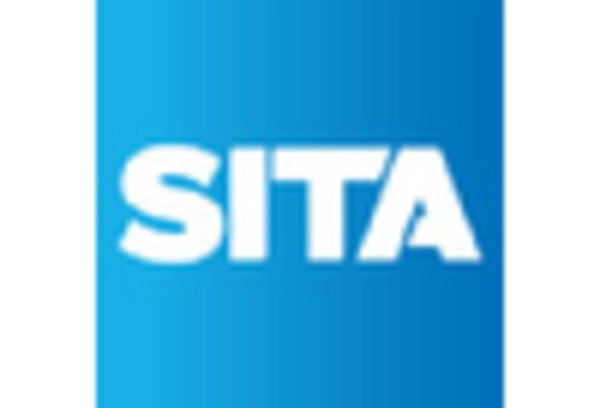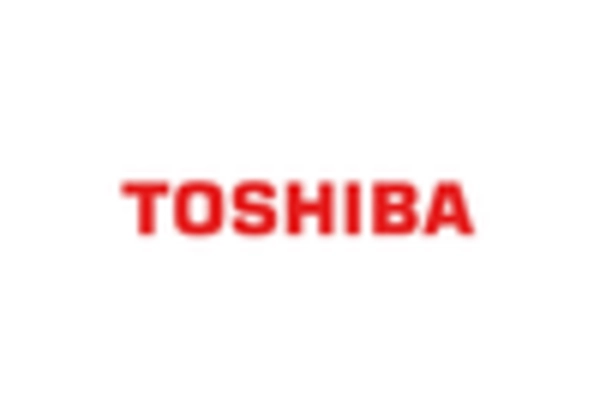Regulatory Compliance and Standards
Regulatory compliance is becoming an essential driver in the self service-technologies market. As businesses increasingly adopt self-service solutions, they must navigate a complex landscape of regulations concerning data protection and consumer rights. In the UK, the implementation of the General Data Protection Regulation (GDPR) has heightened the need for businesses to ensure that their self-service technologies comply with stringent data privacy standards. This regulatory environment is likely to influence the design and functionality of self-service solutions, as companies strive to meet compliance requirements while maintaining user-friendly interfaces. Consequently, the self service-technologies market may see a rise in solutions that prioritize security and compliance.
Rising Consumer Demand for Convenience
The self service-technologies market is experiencing a notable surge in consumer demand for convenience. As lifestyles become increasingly fast-paced, individuals seek solutions that streamline their interactions with businesses. This trend is particularly evident in sectors such as retail and banking, where self-service kiosks and mobile applications are gaining traction. According to recent data, approximately 70% of consumers in the UK prefer self-service options for routine transactions, indicating a shift towards autonomy in service delivery. This growing preference is likely to drive innovation within the self service-technologies market, as companies strive to enhance user experiences and meet evolving consumer expectations.
Shift Towards Contactless Transactions
The self service-technologies market is witnessing a significant shift towards contactless transactions, driven by consumer preferences for safety and convenience. In the UK, contactless payment methods have become increasingly popular, with over 50% of transactions now being conducted via contactless cards or mobile wallets. This trend is prompting businesses to invest in self-service solutions that facilitate seamless, contactless interactions. As a result, the self service-technologies market is likely to expand, with more companies adopting technologies that support contactless payments and services. This shift not only enhances customer satisfaction but also aligns with broader trends in digital transformation.
Technological Advancements in Automation
Technological advancements play a pivotal role in shaping the self service-technologies market. Innovations in automation, such as artificial intelligence and machine learning, are enabling businesses to develop more sophisticated self-service solutions. For instance, AI-driven chatbots are increasingly being integrated into customer service platforms, allowing for 24/7 support and reducing operational costs. The UK market has seen a 30% increase in the adoption of automated self-service technologies over the past year, suggesting a strong inclination towards efficiency and cost-effectiveness. As these technologies continue to evolve, they are expected to further transform the landscape of the self service-technologies market.
Increased Focus on Operational Efficiency
The self service-technologies market is significantly influenced by the increasing focus on operational efficiency among businesses. Companies are recognizing the potential of self-service solutions to reduce costs and improve service delivery. By implementing self-service technologies, businesses can minimize the need for extensive staff involvement in routine tasks, thereby reallocating resources to more complex customer interactions. Recent studies indicate that organizations utilizing self-service technologies have reported a 25% reduction in operational costs. This emphasis on efficiency is likely to propel further investment in the self service-technologies market, as businesses seek to optimize their operations and enhance customer experiences.


